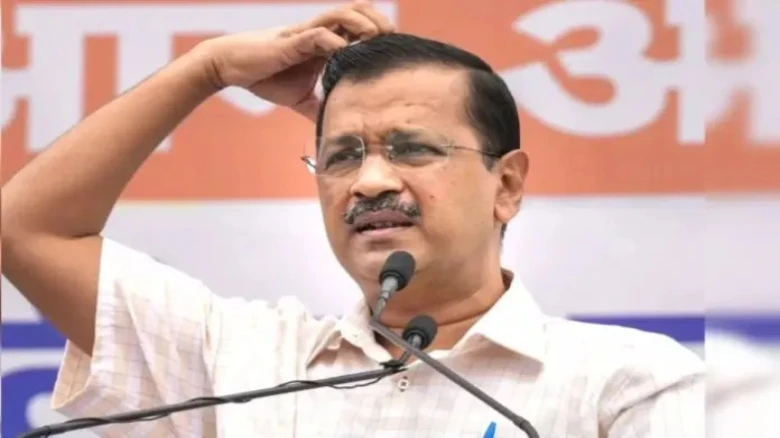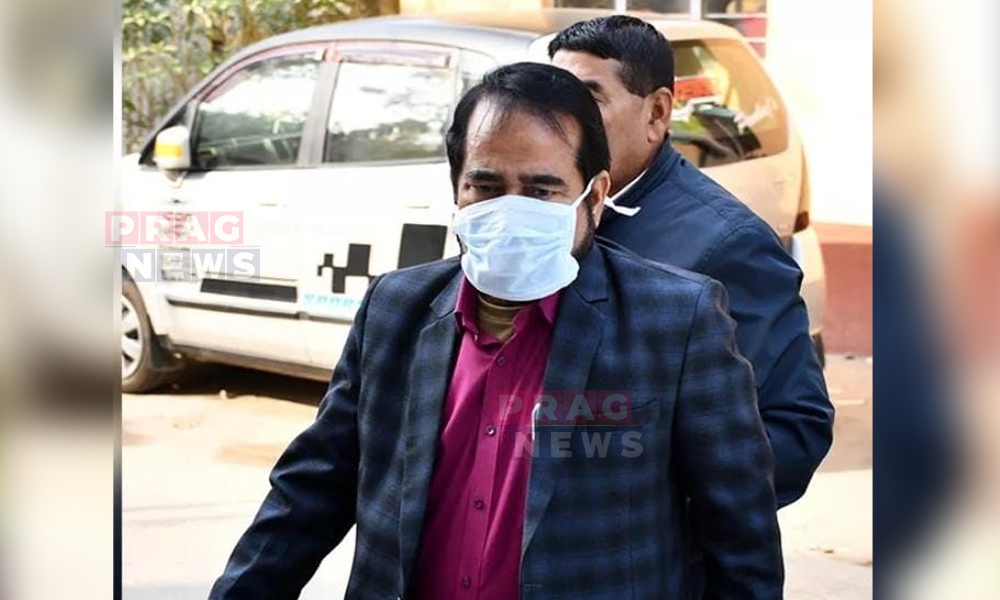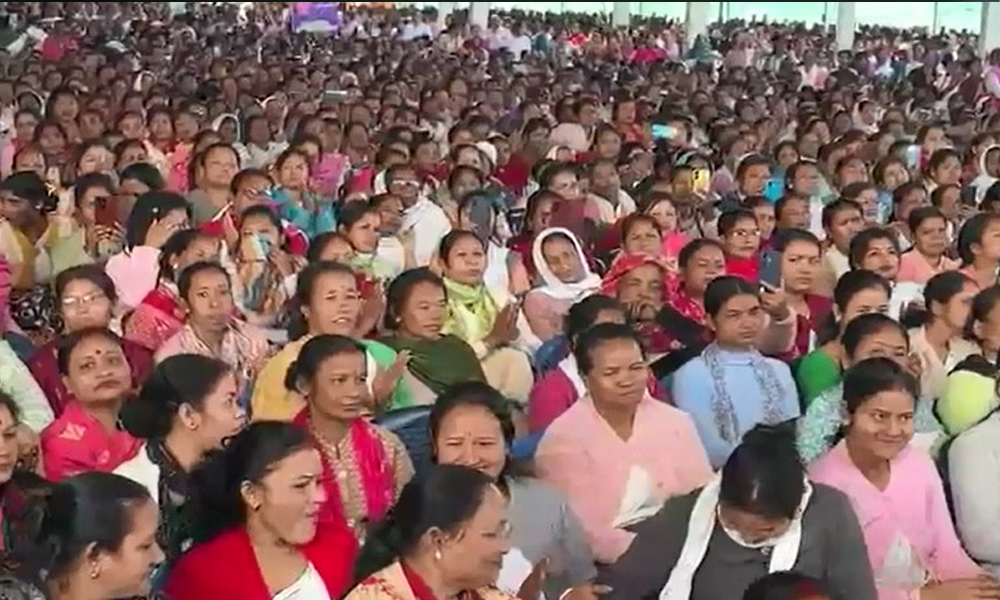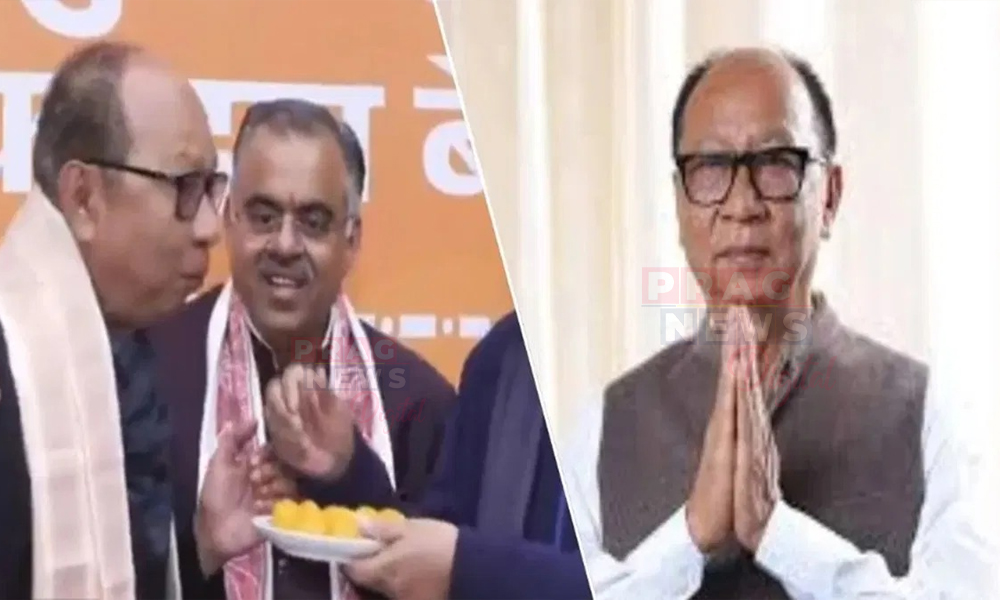Let's understand the nuances of the nomination process for the Lok Sabha election in 2024
Digital Desk: The election nominations for the first phase are underway and the second phase will start on Thursday. Understanding the election nomination process helps us track a good candidate in our particular constituencies.
In a democracy, the nomination process in elections stands as a cornerstone of fair expression and participation. In India, overseen by the Election Commission of India (ECI), the nomination process unfolds with careful steps and regulations to ensure transparency, legality, and equal opportunity for candidates across constituencies. Let's understand the nuances of the nomination process for the Lok Sabha election in 2024.
Notification
The initiation of the nomination process commences with a formal notification issued by the President or Governor under relevant sections of the Representation of the People (RP) Act.
Simultaneously, the ECI issues its notification, specifying essential details such as the location for filing nominations, scrutiny and withdrawal dates, and polling schedules.
Public Notice
A vital element of the nomination process involves public notice, informing citizens about the upcoming elections. This notice, signed by the Returning Officer (RO), is circulated through various mediums, including notice boards and public offices, ensuring widespread awareness.
Formalities of Filing Nomination
Candidates, accompanied by their proposers, submit their nomination papers to the designated RO or Assistant Returning Officer (ARO) within the stipulated timeframe. The specified forms, affidavits, and supporting documents, including security deposits and caste certificates for reserved constituencies, are meticulously scrutinized for compliance with electoral laws.
Security Deposits
Rs. 25,000 for the Lok Sabha election.
Rs. 10,000 for the Assembly election.
Ensuring Transparency
To maintain transparency, the entire process of filing nominations is subject to videography, especially during the crucial last hour. This measure not only aids in record-keeping but also serves as a deterrent against malpractice.
Compliance and Verification
Candidates are required to adhere to strict guidelines, including the submission of affidavits disclosing criminal antecedents, if any. Any discrepancies or deficiencies in nomination papers are promptly communicated to candidates for rectification within specified timelines.
Equal Opportunity and Representation
Special provisions are in place to facilitate the nomination process for candidates from marginalised communities. Recognized parties enjoy certain privileges, yet independent candidates are also afforded fair opportunities to contest elections.
Legal Safeguards
To mitigate risks and provide compliance with statutory provisions, the ECI issues directives and guidelines for smooth conduct during the nomination phase. Strict action is taken against violations, emphasising the sanctity of the electoral process.
The nomination process in elections symbolises the democratic ethos of inclusivity and participation. By meticulously adhering to statutory regulations, maintaining transparency, and upholding legal safeguards, the nomination phase lays the foundation for a robust electoral democracy currently underway in India.


















